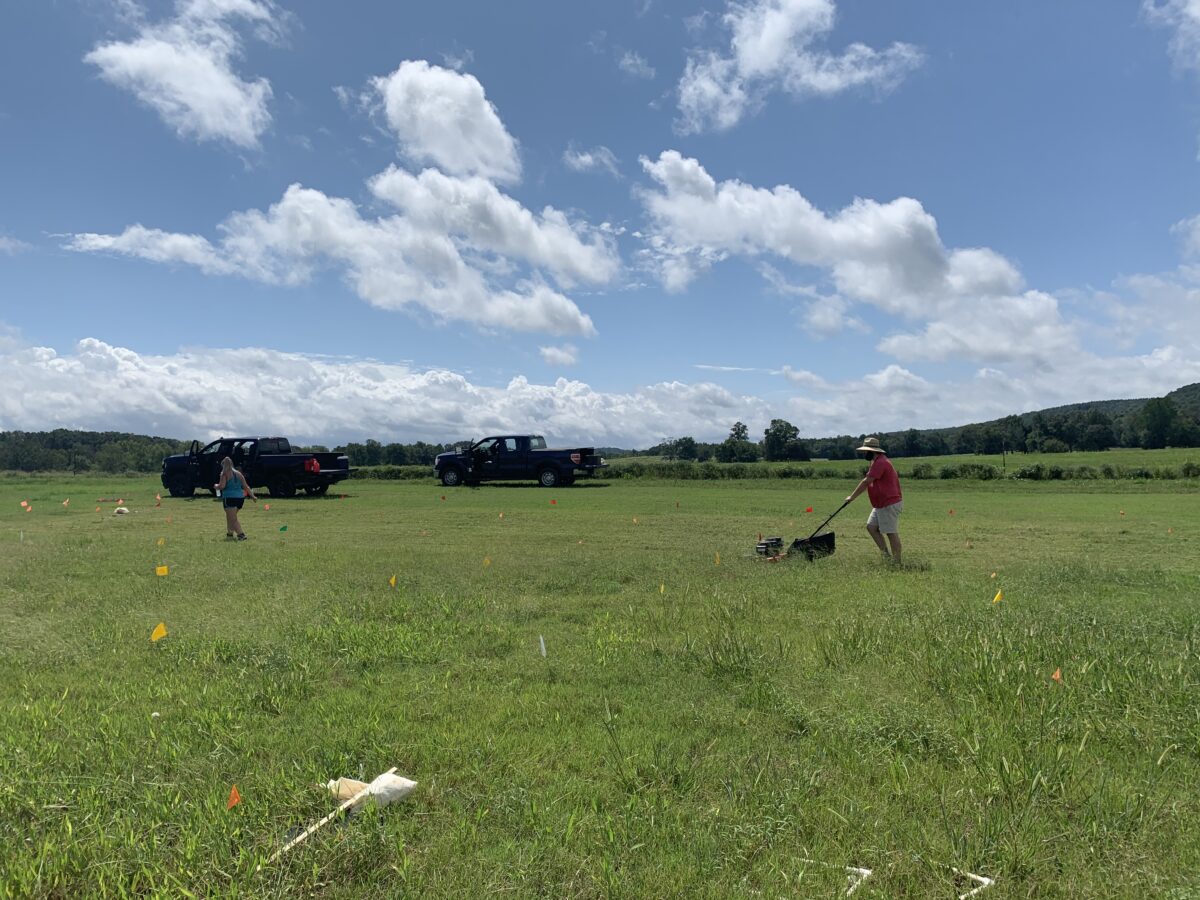Bermudagrass has long served as a cornerstone forage for hay production and livestock grazing in the Southeastern United States, but nitrogen fertilizer used in its production is a costly input that can pose risks to soil, water and air quality.
In response, Auburn University’s Dr. Leanne Dillard spearheaded a Southern SARE Research and Education grant to work with a team of researchers and Alabama farmers to examine the effectiveness of using plant-growth-promoting rhizobacteria (PGPR) as a replacement for nitrogen fertilizer. A two-year research trial revealed that rhizobacteria treatments reduced nitrogen inputs by 50% without reducing forage quality or yield, thus enabling producers to better manage nitrogen application.
As a result, the project is improving the environmental sustainability and production efficiency of farmers, who can now make research-based nutrient management decisions.
A recent post-project evaluation of SARE projects awarded between 2016–2019 found that SARE’s holistic approach to research and education was crucial to the project’s success.
“SARE is an amazing program because it really is an integrated research and education grant,” says Dillard. “With many other USDA grants, it’s more difficult to integrate (research and education), but SARE brings it together.”

Visit https://www.sare.org/sare-impacts-LS19-307 for more information on this project.
Biofertilization of Bermudagrass: A Step Toward Sustainable Forage Production – Alabama is part of a series of 23 case studies produced by Insight for Action as part of a post-project evaluation of SARE's regional grant programs. Visit https://www.sare.org/sare-impacts for further details.
For information on grants and resources available from SARE, visit www.sare.org.